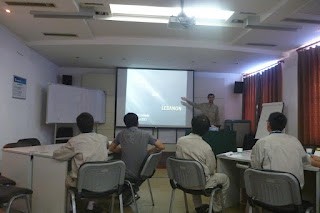Now I am back in UAE and AUS started which is keeping me busy.
Interestingly I am daydreaming a lot about China. I am imagining every single day and moment that I passed through. It is just so spectacular how exposure to things, people and places affects our lives. The first day I landed in China it felt so strange and new that I though I would never get attached to it by any means. Just before leaving China, it felt so familiar that until now I remember everything, especially Yantai, street by street and building by building. I remember all the people whom I met, but of course not all their names! And now back in UAE I can actually voluntarily visualize myself walking wherever I have been in China.
It has been long since I have published a post. I still have a few more things to share and will try my best to post them as soon as I can. Beijing was incredible especially that my family joined me there as well as Saeed. I want to also write about Beijing, about FOOOD and some other minor posts then end the blog with a conclusive final post about the overall outcome of going to China.
Let's see how long will AUS keep me on hold!
Best wishes!
Interestingly I am daydreaming a lot about China. I am imagining every single day and moment that I passed through. It is just so spectacular how exposure to things, people and places affects our lives. The first day I landed in China it felt so strange and new that I though I would never get attached to it by any means. Just before leaving China, it felt so familiar that until now I remember everything, especially Yantai, street by street and building by building. I remember all the people whom I met, but of course not all their names! And now back in UAE I can actually voluntarily visualize myself walking wherever I have been in China.
It has been long since I have published a post. I still have a few more things to share and will try my best to post them as soon as I can. Beijing was incredible especially that my family joined me there as well as Saeed. I want to also write about Beijing, about FOOOD and some other minor posts then end the blog with a conclusive final post about the overall outcome of going to China.
Let's see how long will AUS keep me on hold!
Best wishes!








































